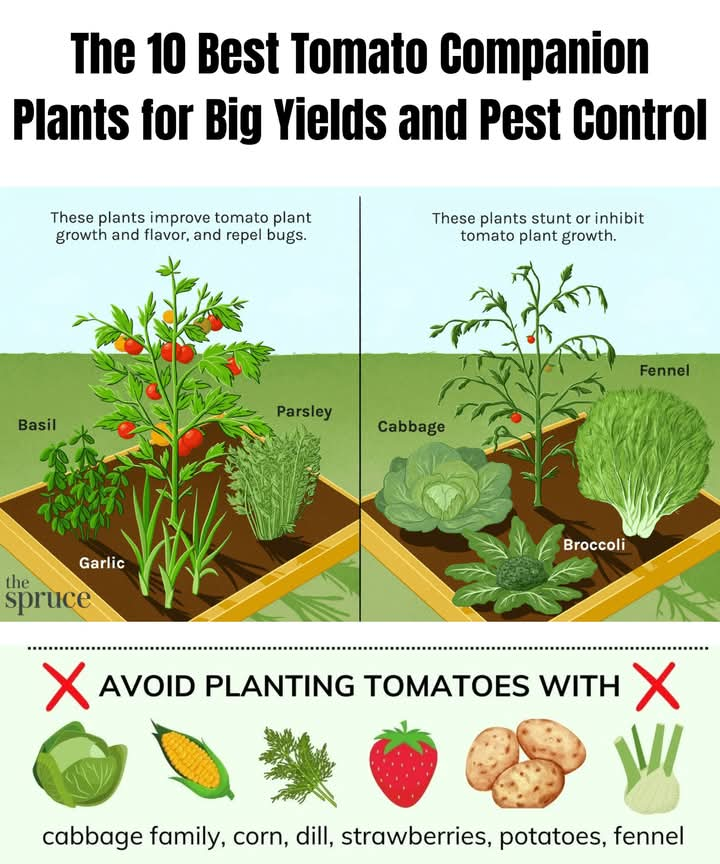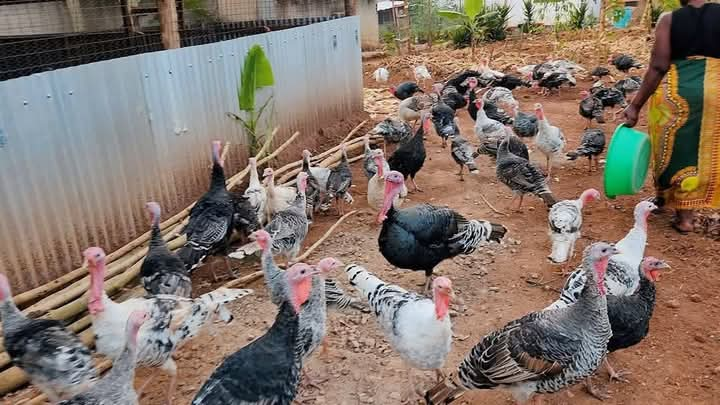FARMING TIPS: What It Takes to Start a Successful Turkey Farming Business
FARMING TIPS: What It Takes to Start a Successful Turkey Farming Business
Turkey farming is one of the most rewarding and unique agribusiness ventures you can explore. Whether for meat, breeding, or as a side hustle, turkeys offer great returns when well-managed. Here’s everything you need to know to get started.
Why Turkey Farming?
Turkeys are excellent scavengers, feeding on earthworms, insects, snails, termites, and even kitchen waste—making them low-cost to feed in free-range systems. With proper care, especially in their early stages, turkey farming can become a profitable and sustainable enterprise.
Raising Young Turkeys (Poults)
Young poults (baby turkeys) are delicate and require extra warmth and care.
Provide a heat lamp that keeps the temperature at 100°F (37.8°C).
Reduce the temperature by 5°F each week until the birds are fully feathered.
Keep the brooding area clean, dry, and well-ventilated.
Ensure constant access to clean water and starter mash containing at least 24% protein, 2% calcium, and 0.9% phosphorus.
Feeding Guidelines
Turkeys require nutrient-rich feed, especially during growth and laying periods.
Starter Mash (0–6 weeks): High protein content (24% or more).
Grower Feed (6–14 weeks): Slightly lower protein, with balanced calcium and minerals.
Finisher Feed (14 weeks+): Designed for weight gain.
Breeder Feed (for laying hens): Enriched with calcium and phosphorus for strong egg shells.
Common turkey breeds include:
Broad-Breasted Bronze
Broad-Breasted White
Egg Laying & Hatching
Turkeys begin laying eggs at 6–8 months.
One turkey can lay 60–100 eggs per year, with 70% laid in the afternoon.
Incubation period is 28 days.
A female turkey (hen) can hatch 10–15 eggs naturally.
Tips for Incubation:
Use only clean, well-shaped eggs for hatching.
Ensure consistent temperature and humidity.
For natural incubation, isolate brooding hens in a quiet, safe area.
Space Requirements
Turkeys are larger than chickens and require more space:
Allow at least 6 square feet per bird.
For free-range systems, provide extra outdoor roaming space.
Challenges to Expect
Turkeys can be secretive layers—they often hide when laying.
Disease and predator management is key.
Access to nutrient-rich feed is critical for fast growth and egg production.
Final Word
Turkey farming requires commitment but offers excellent returns when done right. With proper care, nutrition, and housing, you can build a sustainable and profitable poultry business.




